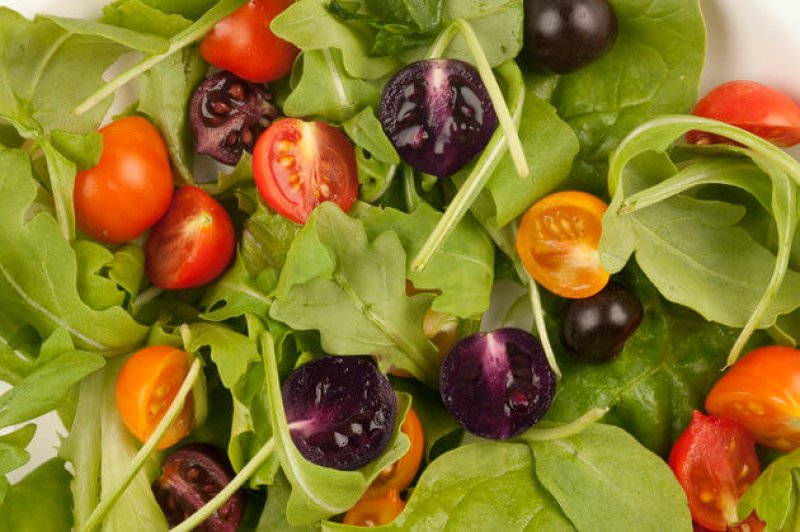The GLP aggregated and excerpted this blog/article to reflect the diversity of news, opinion and analysis.
Last week, researchers in the United Kingdom announced that they’d developed a genetically modified tomato with the potential to help protect consumers from cancer. The tomato, described in a new paper published in Nature — and not yet available to the public — is among what researchers call the second generation of genetically modified foods. The first generation was designed to help farmers grow bigger and more robust plants. Now, scientists are trying to improve our health.
Cathie Martin, who led the study at the John Innes Centre in Norwich, hopes these tomatoes will help persuade a skeptical public that some genetically modified crops are, not only safe, but actually good for you. They contain a variety of health-boosting compounds including resveratrol, which some research suggests can fight cancer.
We caught up with Martin this week to talk about her research and why she thinks that we’re wrong to be worried about all genetically modified fruits and vegetables.
Have you tried these tomatoes yourself? And if so, how do they taste?
None of the compounds confer changes in flavor of the tomatoes. We are not allowed to consume material with seeds in Europe, for fear of inadvertent environmental release. However, I can confirm that all the lines taste like tomatoes.
Do you think there’s anything scientists can do to convince the public that genetically modified foods are good to eat?
Scientists need to get to a position where they can offer foods that have positive benefits for consumers. This should be done independently of the big multinationals like Monsanto, and then the public can decide whether or not the potential of GM can benefit society.
Read full, original post: The Quest To Design A Healthier Tomato































